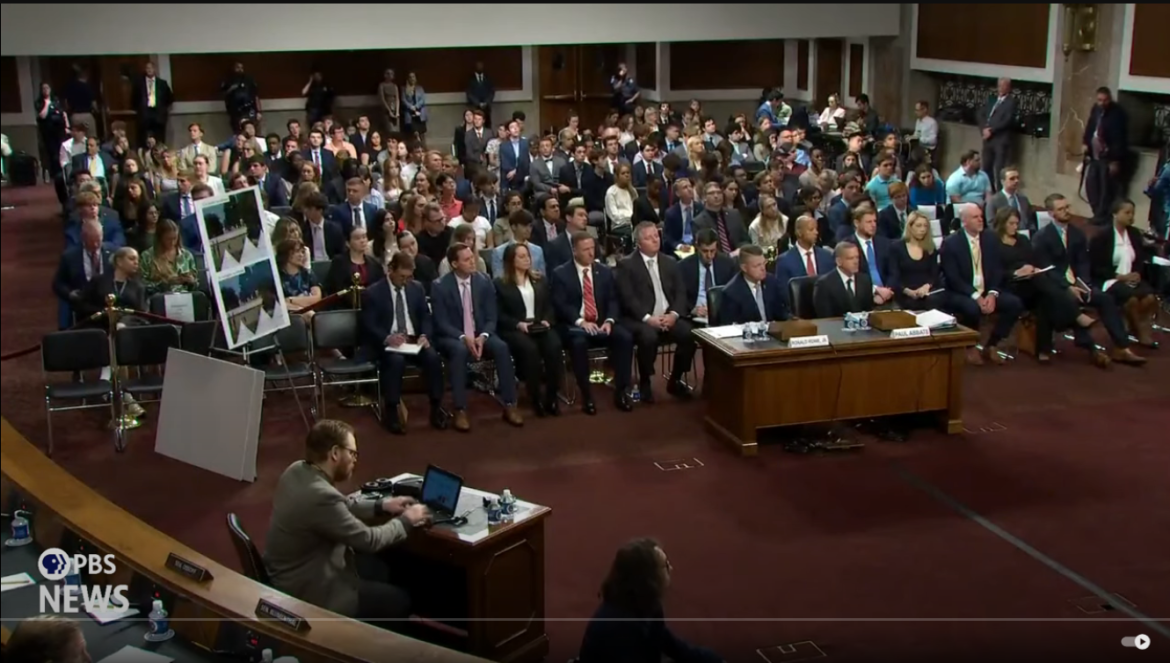In a heated session on Capitol Hill, Florida Senator Rick Scott calls on the Secret Service and FBI to increase transparency following the assassination attempt on former President Donald Trump. Speaking to the heads of both agencies, Scott emphasizes the necessity of daily briefings to keep the public informed when such critical incidents occur.
During the hearing, which involves Senators from the Homeland Security and Senate Judiciary Committees, Scott criticizes the current communication strategies of the FBI and Secret Service. He asserts that the lack of timely and detailed information undermines public trust and damages the integrity of the federal government. “When a president is shot, the public needs immediate and continuous information,” Scott states, referencing his experience as Florida Governor, where he held multiple daily briefings after the Pulse nightclub and Parkland school shootings.
In response to the criticism, representatives from both agencies, including acting Secret Service Director Ronald Rowe, acknowledge the shortcomings in their handling of the situation. Rowe describes the shooting as a “failure on multiple levels” and outlines new measures the Secret Service is implementing to prevent future security lapses. These measures include the use of drones and an updated vetting process for security plans.
Additionally, both the FBI and Secret Service commit to holding more press conferences to ensure better public communication. This commitment comes amid growing pressure from lawmakers and the public for more accountability and transparency in the wake of the assassination attempt.
Senator Lindsey Graham also speaks out during the session, insisting that accountability must be established, and that someone should be held responsible for the security breach. His comments come on the heels of former Secret Service Director Kimberly Cheatle’s resignation last week, prompted by bipartisan calls for her departure.
The assassination attempt on former President Trump has sparked a broader debate about the effectiveness and transparency of federal security agencies. As new protocols are rolled out and the agencies pledge to improve their communication strategies, the focus remains on restoring public confidence and ensuring the safety of current and former presidents.



